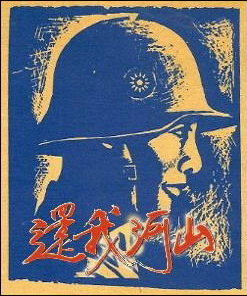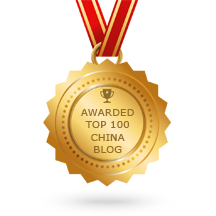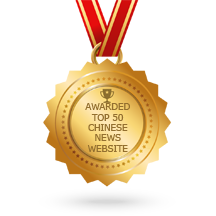Political Prisoners in Shanghai in 1934
- By Guest blogger
- 5 September, 2014
- No Comments
What kind of political prisoners were incarcerated in Shanghai in the 1930s? What nationalities were they? Why were they jailed? These are questions that Australian historian Anne Atkinson has started … Continue Reading →
‘Moving and Fluent Narrative’: Chinese WW2 Periodical Reviews ‘Shanghai 1937’
- By Guest blogger
- 27 August, 2014
- No Comments
Shanghai 1937: Stalingrad on the Yangtze by Peter Harmsen is “a moving and fluent narrative which describes a desperate and bitter battle in vivid prose.” That’s according to the influential … Continue Reading →
China’s Best Ambassador
- By Peter Harmsen
- 22 August, 2014
- No Comments
Song Meiling, China’s First Lady during the war, was her country’s best ambassador by far. “China’s Joan of Arc,” she was called, and “the most powerful woman in the world.” … Continue Reading →
The Battle Erupts (II)
- By Peter Harmsen
- 13 August, 2014
- No Comments
“Launch the assault.” This was in essence the message sent from supreme Chinese leader Chiang Kai-shek to his frontline commanders near Shanghai during the night between August 13 and 14. … Continue Reading →
The Battle Erupts (I)
- By Peter Harmsen
- 12 August, 2014
- No Comments
Friday, August 13, 1937 marked the start of the epic, three-month battle of Shanghai, at least according to official Chinese historiography, where the date is so widely accepted that a … Continue Reading →
Time Travel in Cyberspace
- By Guest blogger
- 11 August, 2014
- 1 Comment
This article about a new project to chronicle World War Two in Asia in real time was first published on the website of the Danish Broadcasting Corp. It was written … Continue Reading →
A Scrap Of Silk Tells An Airman’s Story
- By Guest blogger
- 8 August, 2014
- No Comments
Read how the discovery in a military file of a scrap of silk, a “blood chit” of the kind that saved numerous lives in the China theatre, led to the … Continue Reading →
Iacta Alea Est!
- By Guest blogger
- 1 August, 2014
- 2 Comments
Wargaming is a method for historians, professionals and hobbyists alike, to get inside the minds of the actors of past conflicts. The games, or simulations, can take place at the … Continue Reading →
Fall of Beijing, 1937
- By Peter Harmsen
- 29 July, 2014
- No Comments
On July 29, 1937, China’s old imperial capital Beijing fell to Japanese forces. The image above shows the emperor’s troops marching through Qianmen gate into the city, officially called Beiping … Continue Reading →
More Than A Thousand Characters
- By Peter Harmsen
- 25 July, 2014
- No Comments
With their immediate impact and their appeal to the emotions, images have been used in war propaganda since ancient times. Therefore, it’s no surprise that they were employed in China … Continue Reading →

























































 Copyright © 2024
Copyright © 2024